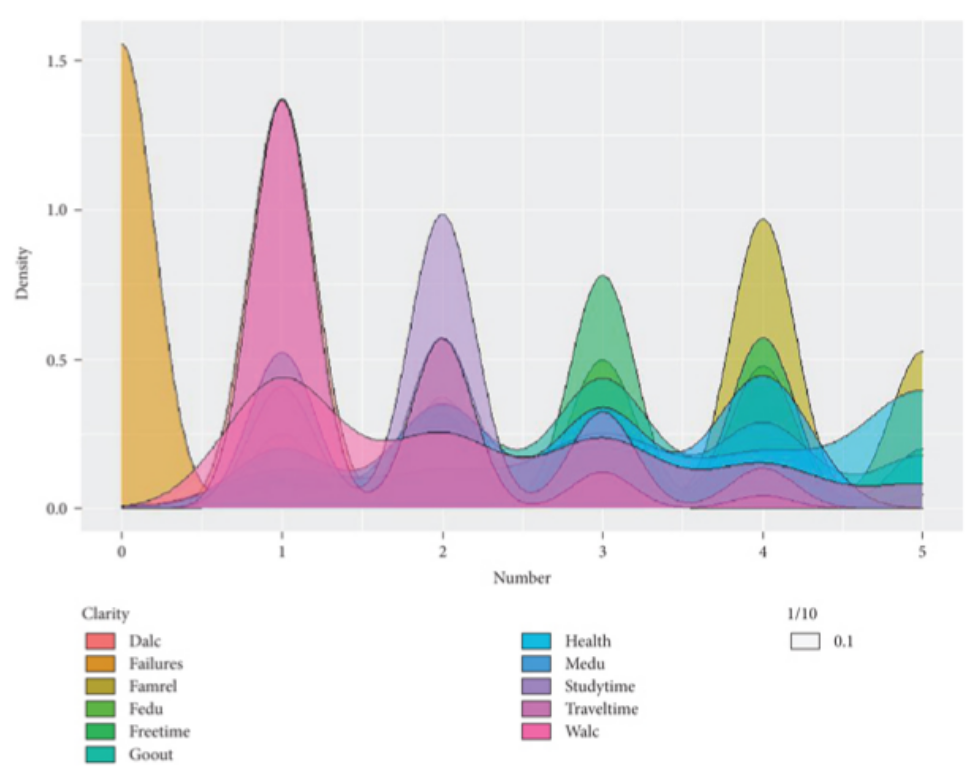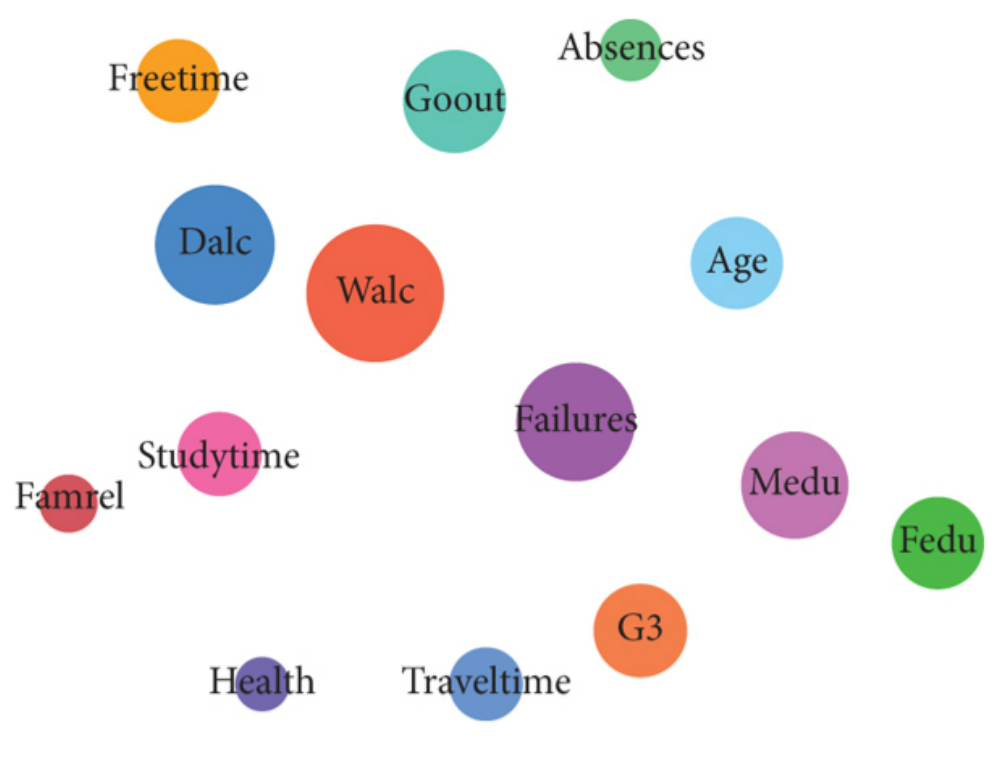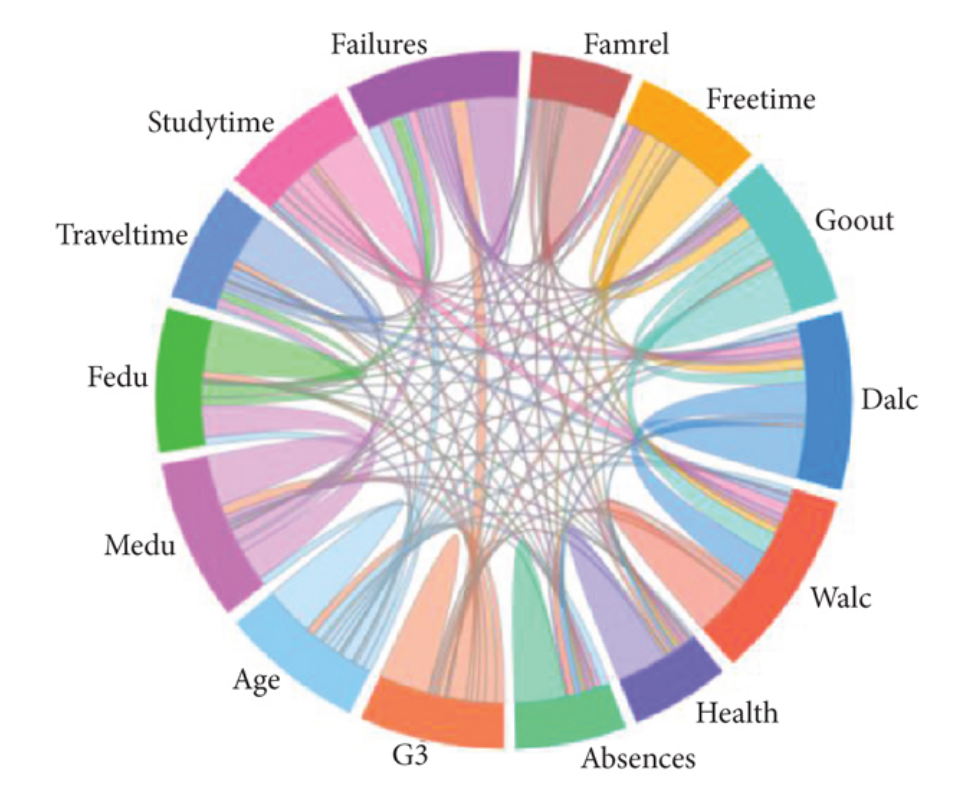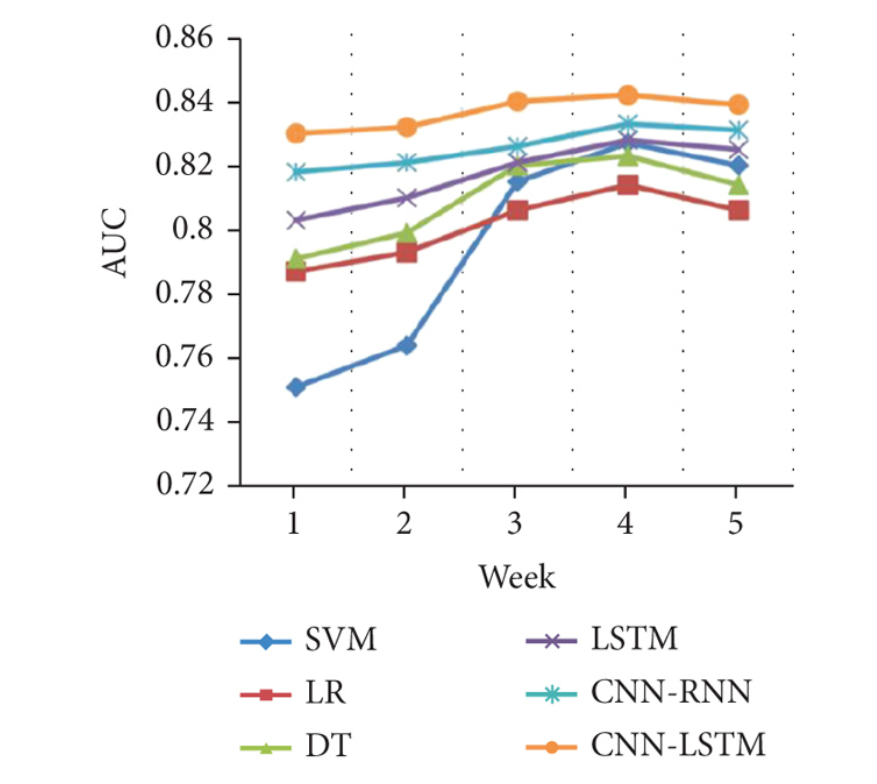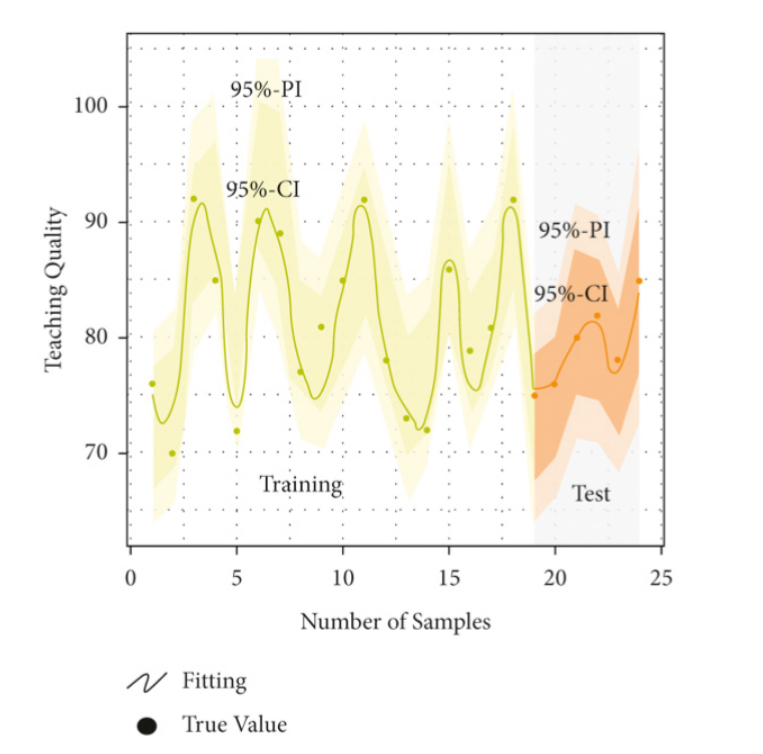Article Menu
Browse this journal
Recommend Papers
Journal Article
 An open access journal
An open access journal
 An open access journal
An open access journal
Journal Article
Empowerment of English Academic Writing with Technology
1
Guangzhou College of Technology and Business
*
Author to whom correspondence should be addressed.
JASES 2024 6(5):223; https://doi.org/10.69610/j.ases.20241201
Received: / Accepted: 1 December 2024 / Published Online: 3 December 2024
Abstract
Academic writing is an essential skill in higher education, yet English academic paper composition faces challenges such as expression difficulties, incomplete content, citation standardisation issues, and format non-compliance. Teachers often struggle to provide comprehensive feedback within traditional classroom settings. Leveraging digital technology presents a promising solution. It broadens academic horizons, helps select research topics, and aids in refining language proficiency. Additionally, digital tools facilitate typesetting and formatting adjustments, easing the burden of intricate details. Furthermore, it enriches academic writing by introducing visual presentation.
Keywords:
English academic writing;
Artificial technology;
Research topic selection;
Language expression;
Academic writing standardisation;
Copyright: © 2024 by Zhu. This is an open-access article distributed under the terms of the Creative Commons Attribution License (CC BY) (Creative Commons Attribution 4.0 International License). The use, distribution or reproduction in other forums is permitted, provided the original author(s) or licensor are credited and that the original publication in this journal is cited, in accordance with accepted academic practice. No use, distribution or reproduction is permitted which does not comply with these terms.
Share and Cite
ACS Style
Zhu, A. Empowerment of English Academic Writing with Technology. Journal of Arts, Society, and Education Studies, 2024, 6, 223. doi:10.69610/j.ases.20241201
AMA Style
Zhu A.. Empowerment of English Academic Writing with Technology. Journal of Arts, Society, and Education Studies; 2024, 6(5):223. doi:10.69610/j.ases.20241201
Chicago/Turabian Style
Zhu, Aihua 2024. "Empowerment of English Academic Writing with Technology" Journal of Arts, Society, and Education Studies 6, no.5:223. doi:10.69610/j.ases.20241201
Article Metrics
Article Access Statistics
References
- Ahmed, M. M. H., McGahan, P. S., Indurkhya, B., Kaneko, K., & Nakagawa, M. (2021). Effects of synchronised and synchronised e-feedback interactions on academic writing, achievement motivation and critical thinking. Knowledge Management & E-Learning-an International Journal, 13(3), 290–315. https://doi.org/10.34105/j.kmel.2021.13.016
- Colas-Bravo, P., & de la Rosa, M. A. H. (2023). Scientific-academic writing in university education: Effectiveness of the design and implementation of software (SWS) for improvement. REVISTA FUENTES, 25(1), 37–47. https://doi.org/10.12795/revistafuentes.2023.20365
- Han, Y., Zhao, S., & Ng, L.-L. (2021). How Technology Tools Impact Writing Performance, Lexical Complexity, and Perceived Self-Regulated Learning Strategies in EFL Academic Writing: A Comparative Study. Frontiers In Psychology, p. 12, 752793. https://doi.org/10.3389/fpsyg.2021.752793
- Janvrin, D. J., & Watson, M. W. (2017). “Big Data”: A new twist to accounting. Journal of Accounting Education, 38, 3–8.
- Khalifa, M., & Albadawy, M. (2024). Using artificial intelligence in academic writing and research: An essential productivity tool. Computer Methods and Programs in Biomedicine Update, 100145.
- Li, K. L., Razali, A. B., Abd Samad, A., & Noordin, N. (2020). Effects of Digital Writing Software as a Tool for Process Approach to Writing on Teacher Trainees’ Academic Writing Performance. Journal of Asia TEFL, 17(4), 1346–1362. https://doi.org/10.18823/asiatefl.2020.17.4.12.1346
- Saricaoglu, A., & Bilki, Z. (2021). Voluntary use of automated writing evaluation by content course students. RECALL, 33(3), 265–277. https://doi.org/10.1017/S0958344021000021
- Taskiran, A., & Goksel, N. (2022). Automated Feedback and Teacher Feedback: Writing Achievement in Learning English as a Foreign Language at a Distance. Turkish Online Journal Of Distance Education, 23(2), 120–139. https://doi.org/10.17718/tojde.1096260
- Chen, J., Huang, K. Y., Wu, Q., et al. (2024). Exploration of mixed-mode academic English writing teaching model from the perspective of classroom ecology. China Foreign Languages, 21(01), 68-77. DOI:10.13564/j.cnki.issn.1672-9382.2024.01.003.
- He, J. J. (2019). Research on the personalised guidance mode of academic English writing based on the Peerceptiv online peer review system. Foreign Language Audio-Visual Teaching, (02), 25-33.
- Li, J., Wen, L., & Zhao, B. (2022). Case investigation and analysis of academic English writing of graduate students in high-level projects. Journal of Jiangxi Normal University (Philosophy and Social Science Edition), 55(02), 135–144.
- Wang, H. (2020). Exploration of corpus-driven academic English writing teaching model - taking abstract writing as an example. Foreign Language Journal, (01), pp. 49–55.
- Zhang, L., Bi, J., & Qin, X. Q. (2021). The predicament of English non-native doctoral students in English academic publication: Review and countermeasures. Foreign Languages, (03), pp. 64–72.

